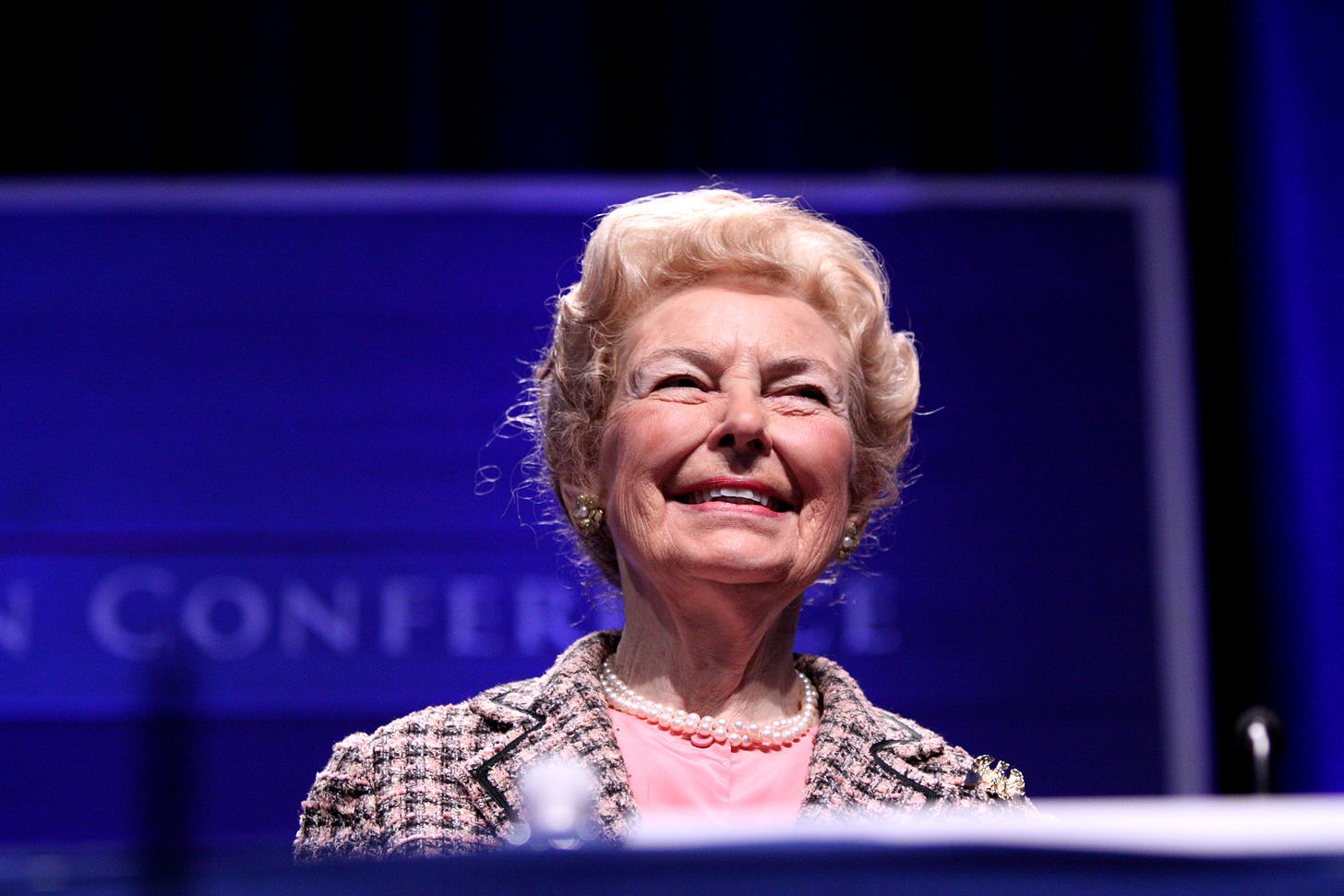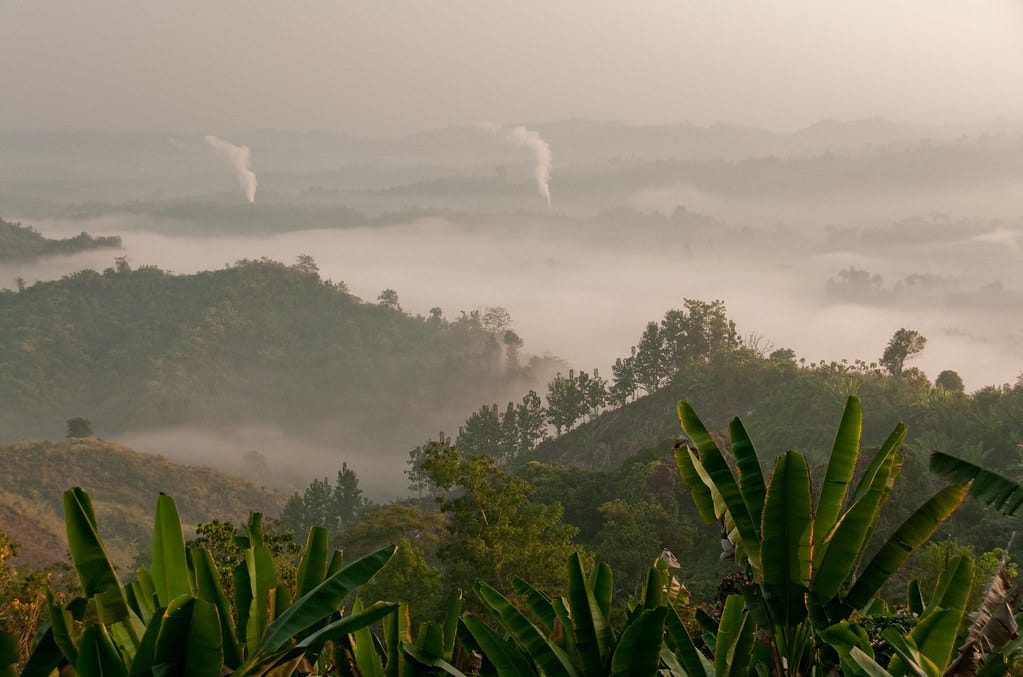Our everyday experiences are shaped by boundaries — some forced upon us, others self-imposed. Physical boundaries like walls and borders can result in war, displacement, and exclusion. Social categories can create arbitrary boundaries between people, preventing solidarity and intersectionality in social movements. Part of the work of social justice is to expose these boundaries, analyze who wins and loses from their existence, and imagine alternatives. What would a world beyond boundaries look like?
As we face growing unrest and division around the world, with right-wing nationalist leadership taking power in the U.S. and beyond, it is essential to combat the boundaries that may be increasingly forced upon us. This collection of pieces contributed by graduate students studying social policy, sociology, international development, and gender studies, serves to confront existing power structures. Our authors propose solutions that push beyond current boundaries to allow for a more inclusive, sustainable, and just future. We hope they inspire reflection and discussion among our readers.
-Paulina Campos, Executive Editor, MPP’25
What is the Boundary of Global Health?
By Manning Zhang
While global health has been discussed extensively in an interdisciplinary manner, the sociology of global health appears to be a young and emerging discipline. This essay aims to look into the the complexity of the terminology, stakeholders, and local responses of this ambiguous concept.

Female Conservatism and Political Activism
By Sarah Goldberg
This piece looks at the conservative identity of white women, the history of their conservative policies and activism, and its implications for present-day politics.

Reimagining Ethnic Minority Marginalization through Identity, Gender, and Land
By Mst. Sabikun Naher
This article explores the marginalization of ethnic minorities, focusing on the intersections of identity, gender, and land use. It examines how colonial and post-colonial policies have disrupted indigenous ways of life, resulting in socio-economic and cultural marginalization. Using the Chittagong Hill Tracts of Bangladesh as a case study, the research highlights ongoing conflicts and the role of political knowledge in shaping identity formation, gender dynamics, and land rights.
Greening Gentrification: Exploring the Social and Environmental Impacts of Green Space Development on Minority Populations in Boston
By Paige Hemingson
This project explores how green space developments in Boston, while aimed at enhancing urban life, can unintentionally drive up housing costs and displace vulnerable communities. Using maps, community insights, and policy analysis, it highlights the urgent need for equitable urban planning to balance environmental goals with housing justice.
Good Game
By Yu-Tung Cheng
A multimodal ethnography examining toxic masculinity, sexism, and racism in online voice communication. What makes a good game?
Resolving the Bawku Ethnic Conflict Through Dialogue and Confidence Building: Strategy Proposal
By Modesta Yuoni Addison
This analysis delves into the complex interplay of ethnicity, conflict, and resource allocation in West Africa, particularly focusing on Northern Ghana. It highlights the urgent need for effective conflict management strategies, juxtaposing traditional methods with increasing legal proceedings, while uncovering the factors that contribute to escalating tensions.






